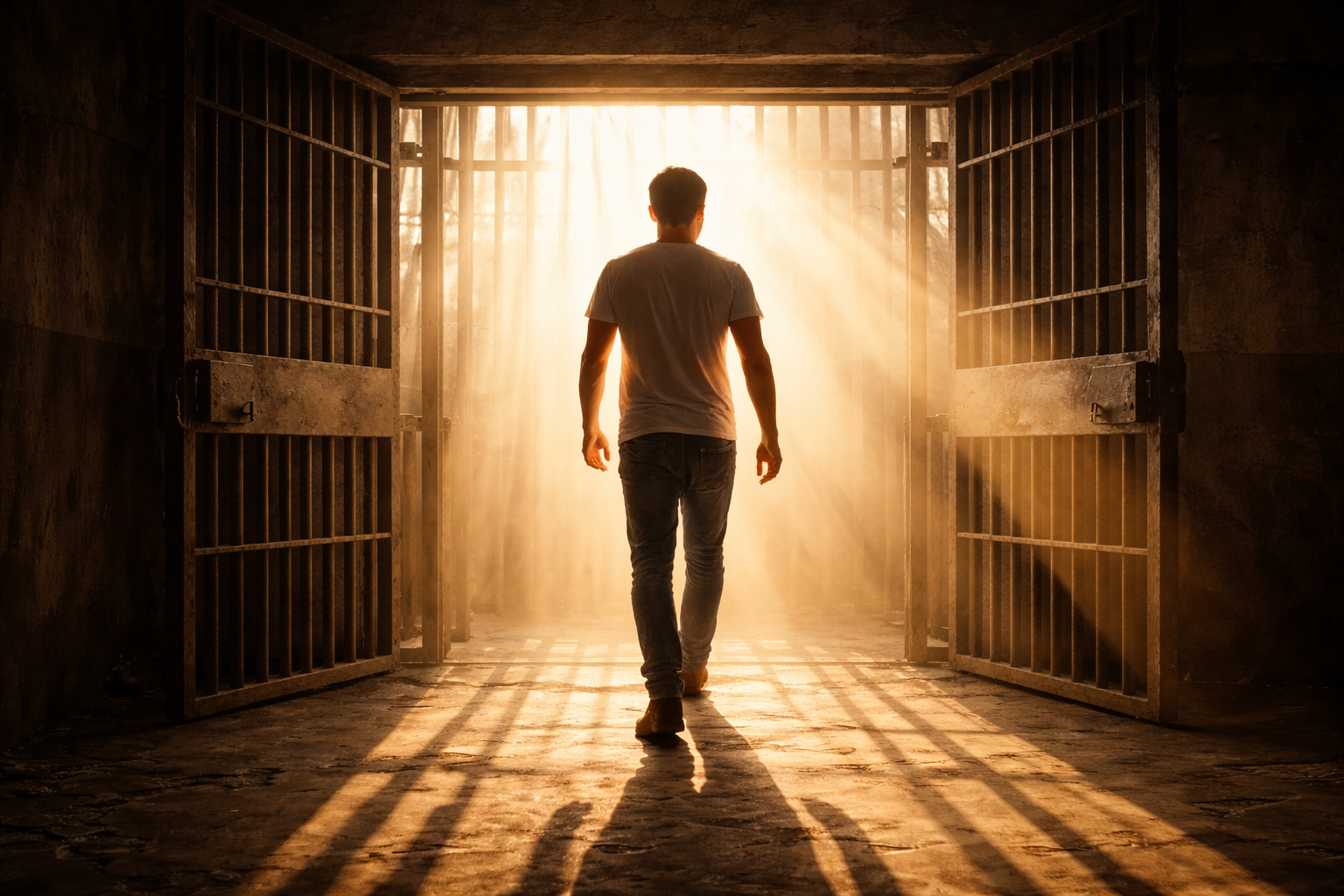A vibrant church is worshiping openly while its addiction-recovery ministry is helping the government solve social ills
Ten years ago, Pentecostals in Lviv, Ukraine, were part of a faith community that lived in hiding, persecuted by the former Communist government during the reign of the now defunct Soviet Union.
Today, Pentecostals in this city of 1 million people enjoy freedoms unknown a decade ago. They have formed a vibrant congregation–the Pentecostal Church of the Resurrection–that is filling in
the vast gaps in social welfare left by the new government.
Ukraine, a country of 49 million people between Russia and Poland, was part of an atheistic police state until the breakup of the Soviet Union in 1991. Because of its location on the westernmost edge of the Soviet Union, Ukraine was under especially tight control.
One Lviv Pentecostal believer, Nadya Yashchuk, 67, recalled how she was fined 50 rubles in 1968 for singing a hymn at a funeral. Into the late 1970s, she said she was routinely fined 50
rubles for “meeting illegally” each time the KGB secret police caught her taking part in an apartment worship service.
“I still have the receipts. They are like historical artifacts,” Yashchuk said, adding that at the time she had a monthly salary of 70 rubles as a worker in a municipal heating plant.
While Yashchuk and others of her generation are still deeply suspicious of the government and wary of the church having too high a profile, others in the 540-member congregation have taken advantage of modern Ukraine’s freedoms to acquire a handsome, former Catholic church facility. The church has a dynamic youth program and provides local needy with humanitarian aid.
One of the Pentecostals’ most ambitious efforts is the Oasis House of Charity, a drug- and alcohol-treatment program located on a former military base on the outskirts of this city. The idea, according to one of the project’s directors, Volodya Burda, is to create a community–a “holy zone”–centered around work and prayer where alcoholics and drug addicts are isolated from the people and circumstances that got them into trouble in the first place.
“They don’t feel like they are undergoing some sort of treatment. They feel like they are at home,” Burda, a wiry man with an easygoing manner and a ready smile, said. “It is easier for them to be here than in the city. When there is the possibility to buy drugs, a person will want to. Here there are none. And his old friends aren’t here either.”
So far, seven men have checked into the Oasis. They have been fixing up the former barracks and offices to make room for others. Vasil Vasilkiv, a Pentecostal and a former factory chief and an alcoholic, heads up much of the carpentry work and looks after Oasis’ bee-keeping operation.
Burda said Oasis wants to purchase the property–a sprawling campus with barracks, kitchen and administrative facilities big enough to accommodate significantly more patients. The cost is $50,000. Oasis can exercise a purchase option after a five-year lease.
Before the breakup of the Soviet Union, it would have been inconceivable for Pentecostal believers to take the kind of social action they are with Oasis. While today’s Ukrainian government is very willing to accept help from believers, other aspects of church-state relations remain unchanged.
For example, a Soviet-era bureaucrat named Yury Reshetelo, who Yashchuk says once harassed and fined her for taking part in unsanctioned religious services, is still in office and is now part of the democratic Ukrainian government. After initially agreeing to an interview, Reshetelo said he needed the approval of his boss, Stefan Borutsky, head of Lviv’s Religious Affairs Committee. Borutsky gave his approval and promised a meeting with Reshetelo, but Reshetelo didn’t show up.
“He is a barometer of the post-Soviet reality,” a local Catholic historian, Oleh Turii, commented, also noting the lack of change in the local government’s religious-affairs apparatus. “It means there are a lot of people who change with the situation. They don’t change the situation; they change with it. It explains why Ukraine doesn’t have reform.”
–Frank Brown in Ukraine
For more information or to make donations to the Oasis program, send e-mail in English to Tatyana Burda at [email protected].











































